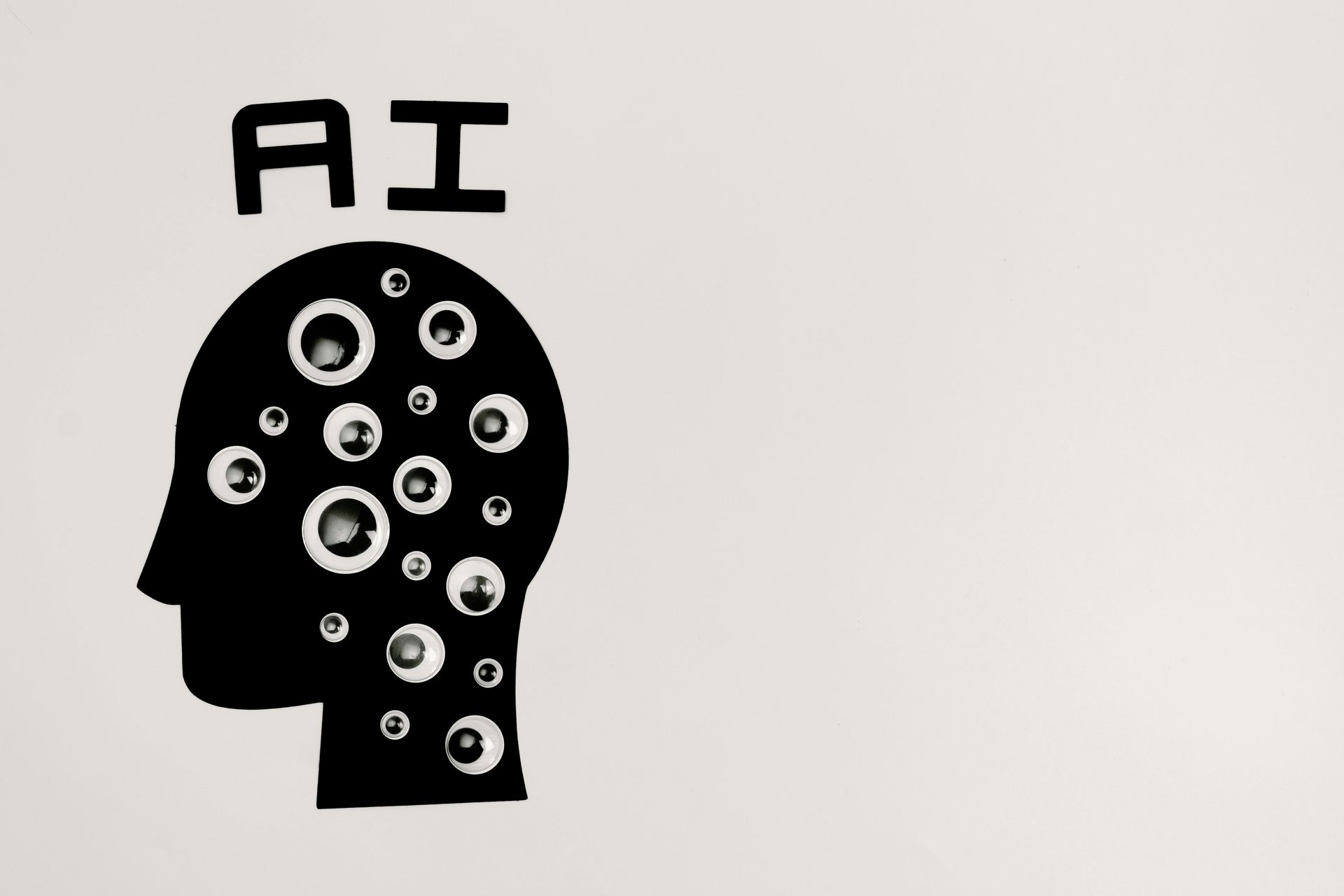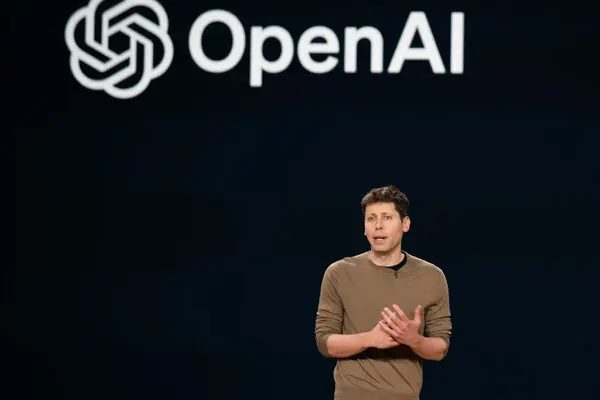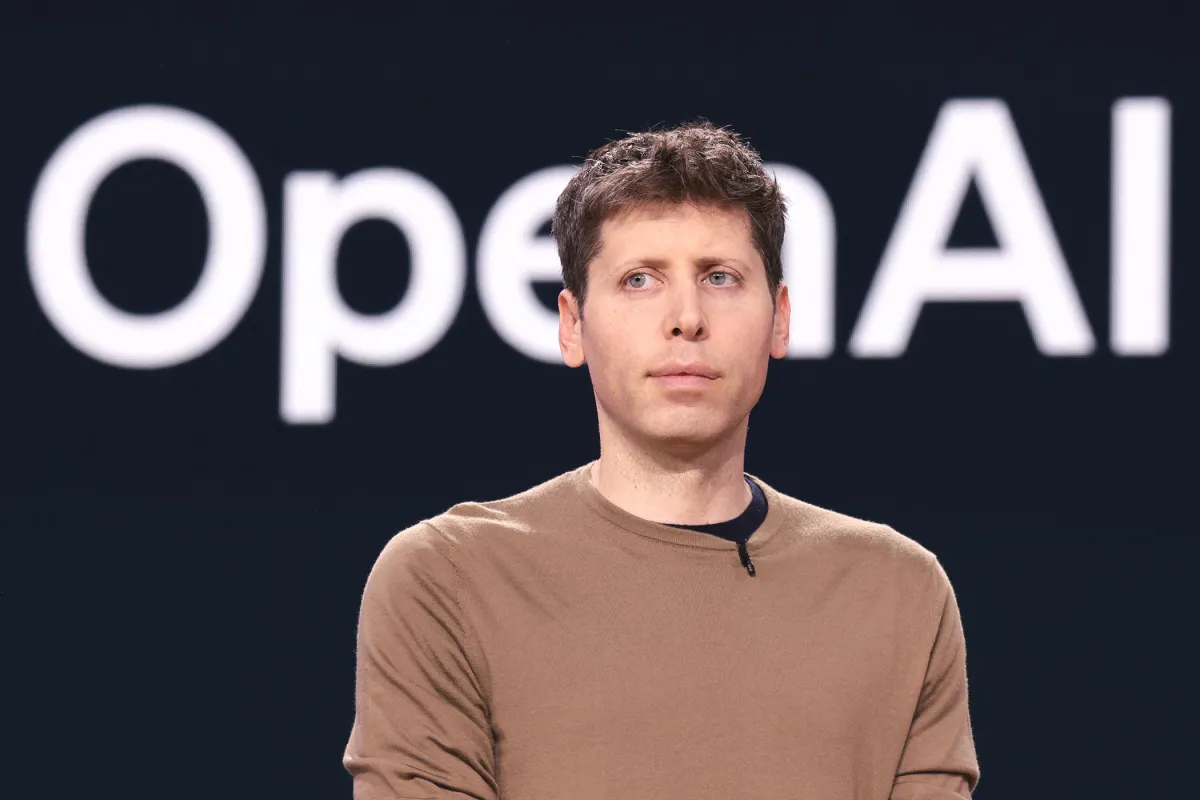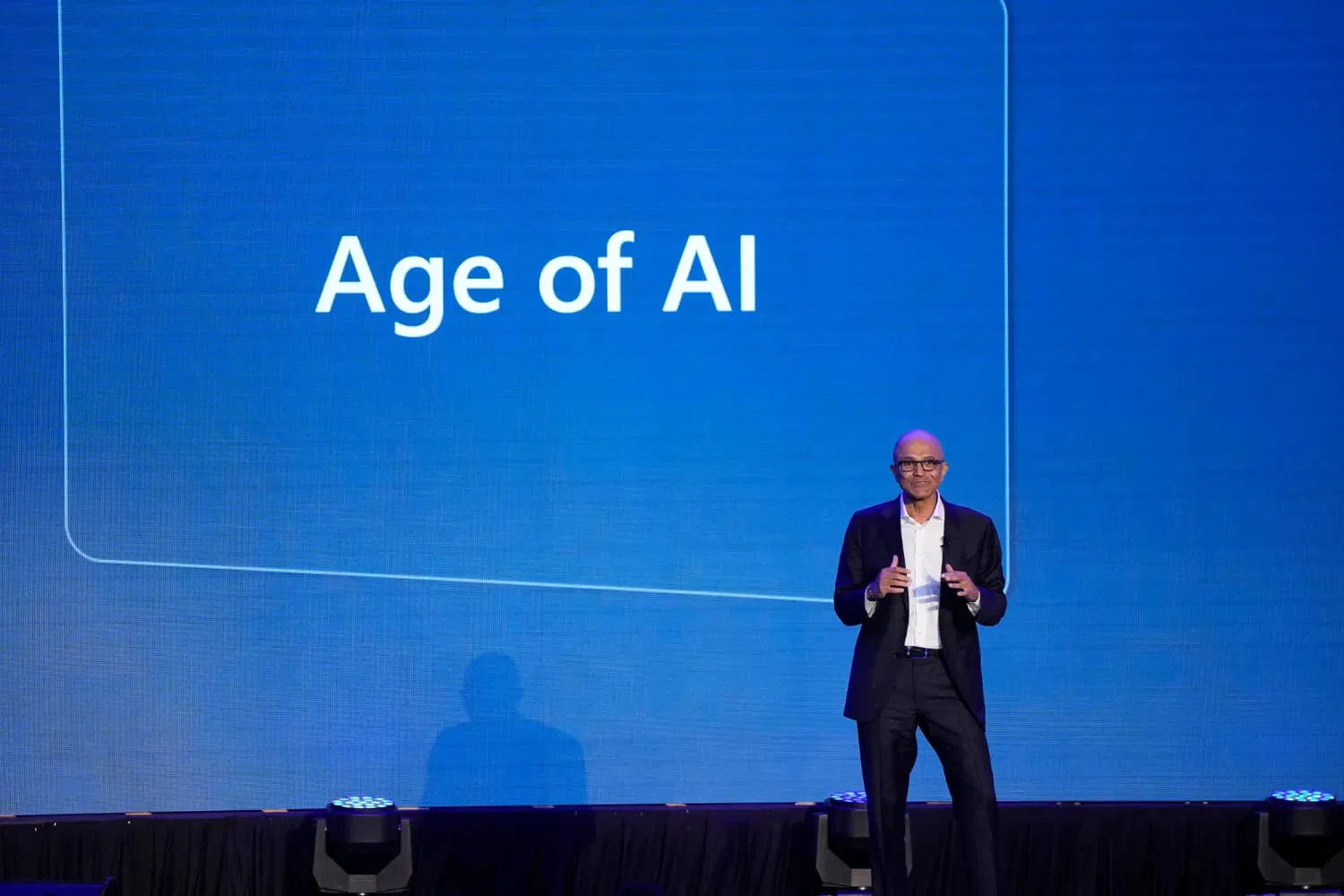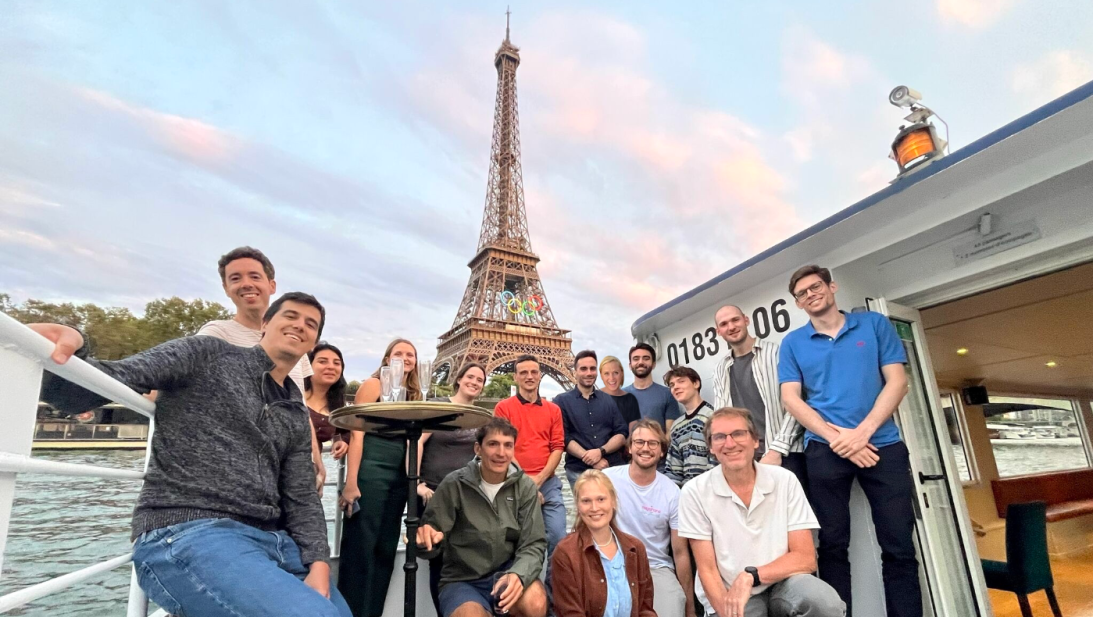AI to Create More Jobs Than It Destroys by 2030
According to the World Economic Forum’s latest report, artificial intelligence (AI) will generate 78 million more jobs than it eliminates by 2030. This marks a significant shift in the global job market, with AI expected to create 170 million new positions while automating 92 million existing ones. Companies worldwide are rethinking their strategies as a result, with 77% planning retraining programs for their employees and 40% expecting to reduce their workforce due to automation.
AI Job Creation: Key Skills for the Future Job Market
The World Economic Forum surveyed 1,000 companies employing 14 million people globally to understand how the job market will evolve by 2030. According to the report, technological literacy, the ability to work with AI and big data, and expertise in networks and cybersecurity will be highly sought after. AI is seen as the largest potential source of new jobs among emerging technologies, with 86% of companies expecting it to transform their operations by 2030.
Job Losses and Shifting Roles
Despite the overall job growth, certain professions are expected to face significant reductions. Postal workers, secretaries, and accountants are among the roles most affected by automation. Notably, graphic designers and legal consultants are also now on the list of rapidly declining jobs, as generative AI increasingly handles creative and administrative tasks. However, the WEF emphasizes that the future of work will hinge on collaboration between humans and machines, rather than mere job replacement.
To address these changes, 77% of surveyed companies plan to launch retraining initiatives between 2025 and 2030, focusing on helping workers adapt to AI systems. Additionally, 70% intend to hire specialists capable of creating AI tools, while 62% are looking for employees skilled in operating these systems.
The Future of AI in the Workforce
While it’s difficult to predict the precise impact AI will have on the labor market, it is clear that it will significantly change the way people work, especially in intellectual fields. Sam Altman, CEO of OpenAI, suggests that AI could eventually replace many “average” jobs, automating tasks traditionally performed by humans. As a solution to the potential employment challenges brought on by automation, Altman supports the idea of Universal Basic Income (UBI), a concept that would provide citizens with a guaranteed income to supplement or replace their wages.
In conclusion, while AI will transform the workforce, it will also create new opportunities for those who are equipped with the right skills, with retraining initiatives playing a key role in this shift.
